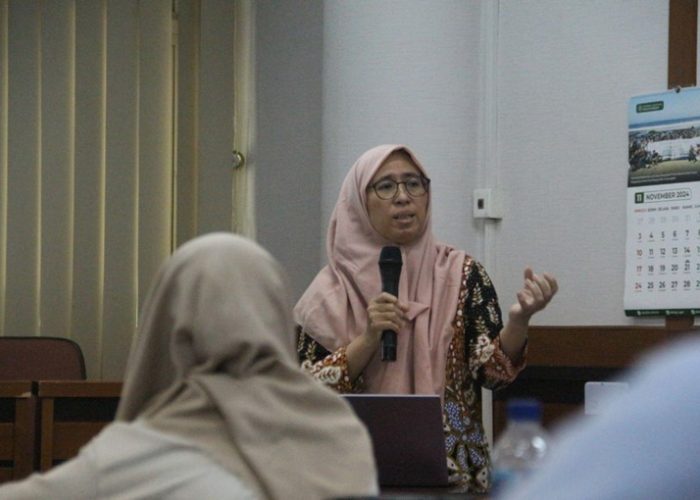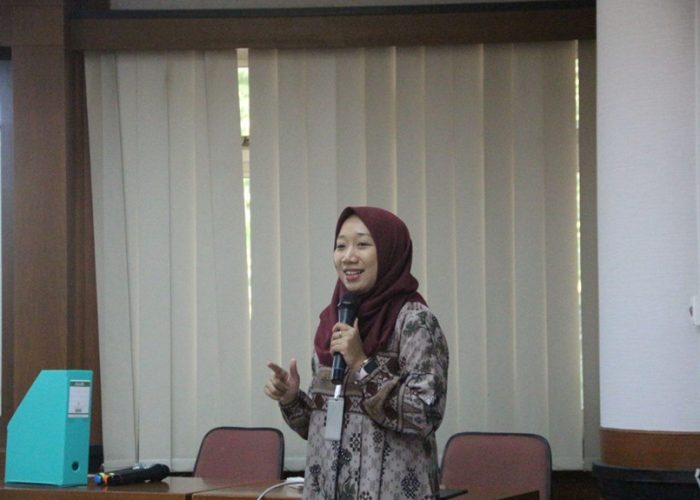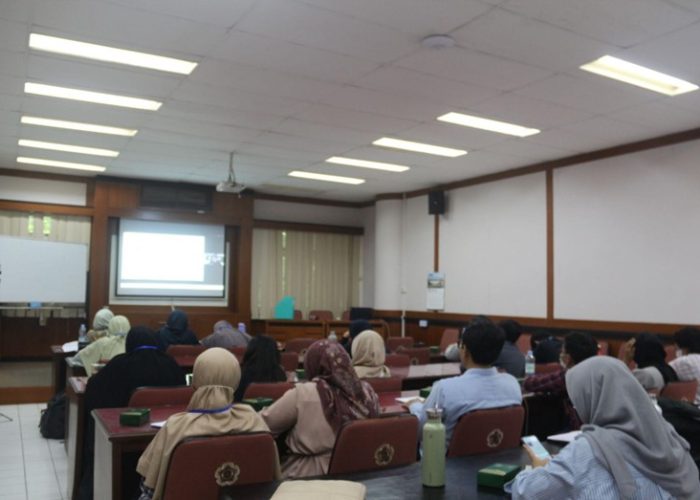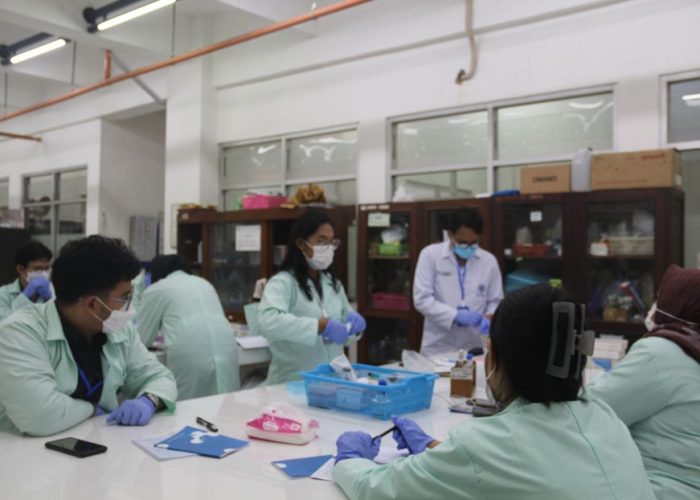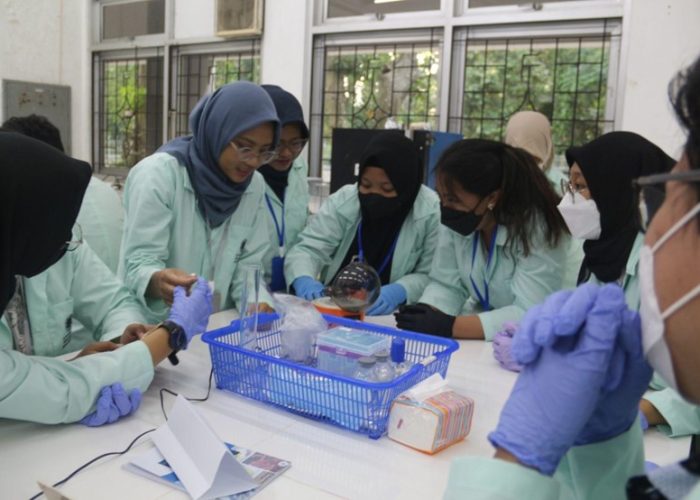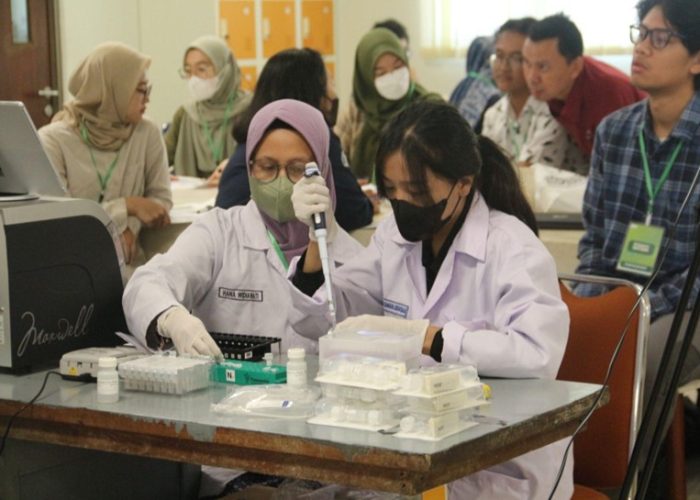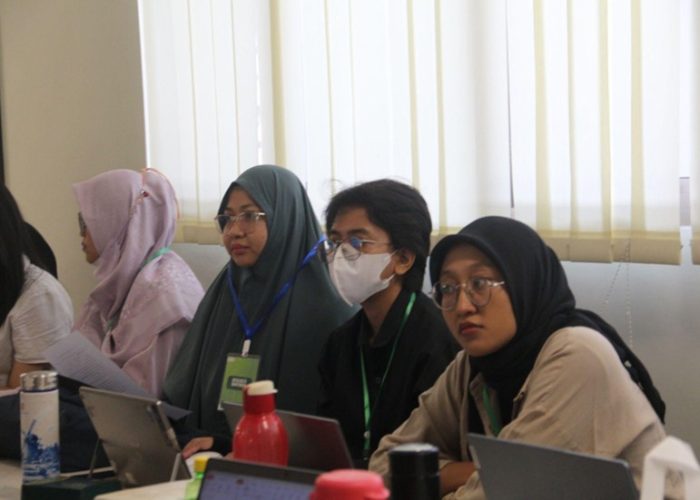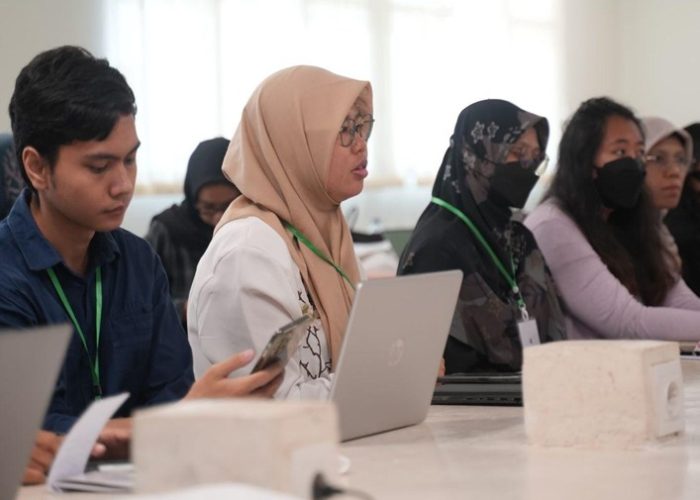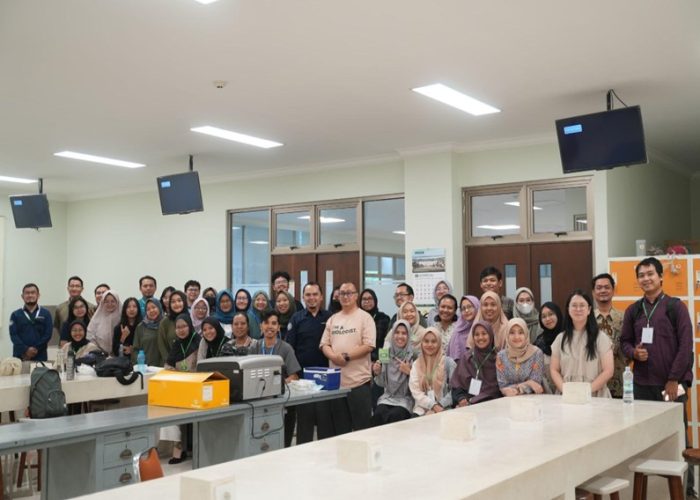The Microbiology Laboratory at the Faculty of Biology, Universitas Gadjah Mada (UGM), successfully conducted a Training on Microbial Isolation and Molecular Analysis from Environmental Samples from November 11–13, 2024. The program aimed to enhance participants’ understanding and skills in microbial isolation techniques and molecular analysis, including Polymerase Chain Reaction (PCR). The training attracted 20 enthusiastic participants from various backgrounds, ranging from students to professionals, eager to deepen their expertise in molecular microbial analysis.
On the second day, November 12, 2024, the training began with a lecture by Prof. Dr. Endah Retnaningrum, M.Eng., on the topic Microbial Molecular Analysis. This was followed by a session led by Dr. Aprilia Sufi Subiastuti, S.Si., who discussed NGS Approaches for Microbial Analysis. Participants then engaged in hands-on practice, learning how to extract microbial DNA from environmental samples. The final lecture was delivered by Arief Muammar, S.Si., M.Sc., who shared his research findings on Environmental Microbial Isolation to NGS Analysis.
The hands-on sessions continued with DNA amplification using PCR and direct PCR techniques, gel electrophoresis of PCR products, and visualization of electrophoresis results. Throughout the practical sessions, participants demonstrated a high level of enthusiasm, actively interacting with trainers and posing critical questions.
On November 13, 2024, the final day of the training coincided with a Mini Workshop and Training as part of Research Day 2024. The event was officially opened by Prof. Dr. Budi Setiadi Daryono, M.Agr.Sc., Dean of the Faculty of Biology. The workshop featured two key sessions:
- Promega Maxwell Automated DNA/RNA Extraction and DNA Quality Control with Agilent TapeStation, and
- ONT Sequencing and Metabarcoding Data Analysis.
The techniques introduced during the training play a pivotal role in supporting tropical biodiversity conservation, particularly in Indonesia. These methods enable the identification, documentation, and in-depth analysis of diverse and unique microorganisms in tropical ecosystems. Such knowledge is crucial for ensuring the sustainability of tropical environments and for advancing understanding of ecological interactions that underpin ecosystem stability. Additionally, environmental microbes hold potential as resources for biotechnological applications in agriculture, healthcare, and industry.
The program concluded with a closing remark by Dr. Eko Agus Suyono, M.App.Sc., Vice Dean for Research, who delivered a light-hearted pantun (a traditional Indonesian poetic quatrain) to end the event on a memorable note.
Through this training, the Microbiology Laboratory at UGM’s Faculty of Biology aims to provide participants with valuable insights into molecular microbial analysis techniques applicable across various professional fields. We look forward to welcoming participants to future programs!

